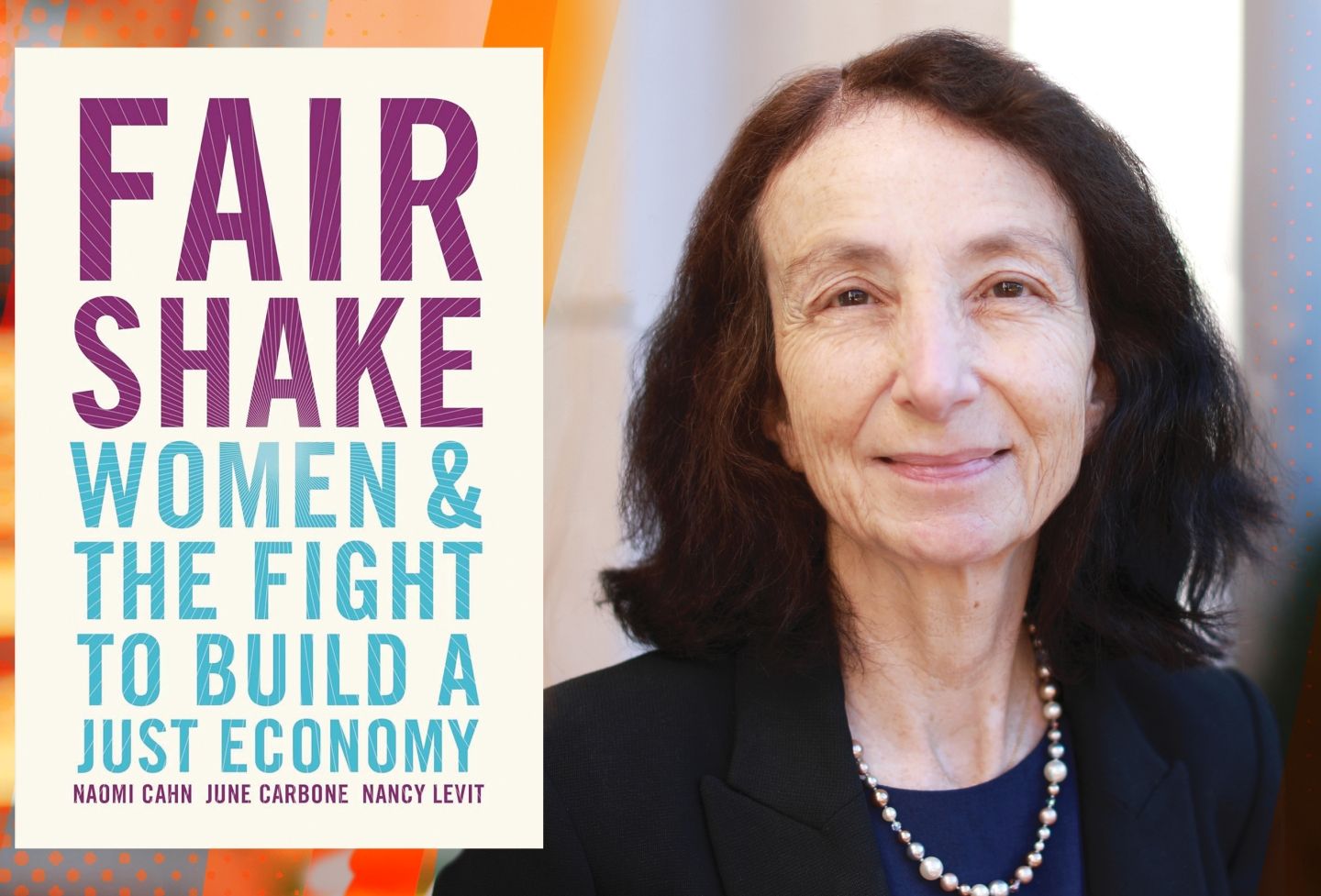Requests to build interstate natural gas pipelines today are almost always approved by a federal agency process that used to inspire momentous political fights several decades ago. Professor Alison Gocke looks at why so many projects have been greenlighted in the past two decades and what it may mean for the regulatory process on the latest episode of “Common Law,” a podcast of the University of Virginia School of Law.
Hosts Dean Risa Goluboff and Professor Danielle Citron interview Gocke about her article “Pipelines and Politics,” forthcoming in the Harvard Environmental Law Review. The paper details the evolution of the Federal Energy Regulatory Commission, which in an earlier iteration was known as the Federal Power Commission.
Under the Natural Gas Act of 1938, the Federal Power Commission gained oversight of interstate natural gas pipelines. In the commission’s early years, battles over pipeline construction attracted opponents from the coal industry, railroads and labor unions, as well as other political actors. Hearings about proposed pipelines featured governors, presidents of labor unions and other well-known politicians-turned-lobbyists — including future U.S. Supreme Court Justice Abe Fortas.
Over time, the commission’s regulatory powers expanded, and during the energy crisis in the 1970s, the commission became FERC.
In recent years, Gocke explains on the show, opponents of pipelines have complained that FERC is not giving enough consideration to the negative consequences of pipeline construction. Even the D.C. Circuit Court of Appeals has faulted FERC for not weighing possible adverse consequences.
To look at patterns in FERC’s decision-making process, Gocke built a database of the agency’s major pipeline decisions from 2000 to 2021, which shows that 423 out of 425 projects were approved. She discusses her findings during the episode and discusses how FERC evolved over time.
Before joining the Law School faculty, Gocke served as a Bigelow Fellow at the University of Chicago. She also directed the Environmental Protection Clinic at Yale Law School, and before that, served as a legal fellow with the Natural Resources Defense Council.
In a continuation of last season, called “Co-Counsel,” the podcast’s fifth season features Goluboff and four rotating co-hosts: Citron, John Harrison, Cathy Hwang and Gregory Mitchell. Each are joining Goluboff to discuss cutting-edge research on law topics of their choice.
“Common Law” is available on Apple Podcasts, Stitcher, YouTube, Spotify and other popular podcast platforms. The show is produced by Emily Richardson-Lorente.
Past seasons have focused on “The Future of Law,” “When Law Changed the World” and “Law and Equity.”
You can follow the show on the website CommonLawPodcast.com or Twitter at @CommonLawUVA.
Founded in 1819, the University of Virginia School of Law is the second-oldest continuously operating law school in the nation. Consistently ranked among the top law schools, Virginia is a world-renowned training ground for distinguished lawyers and public servants, instilling in them a commitment to leadership, integrity and community service.


